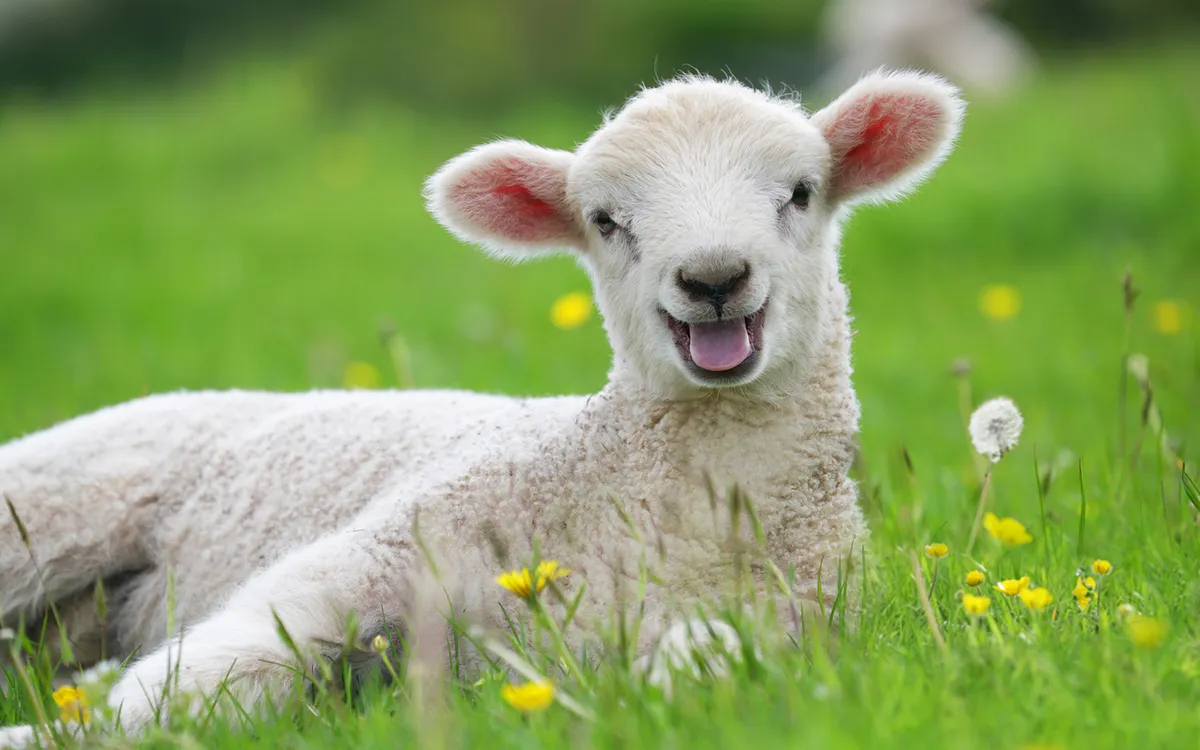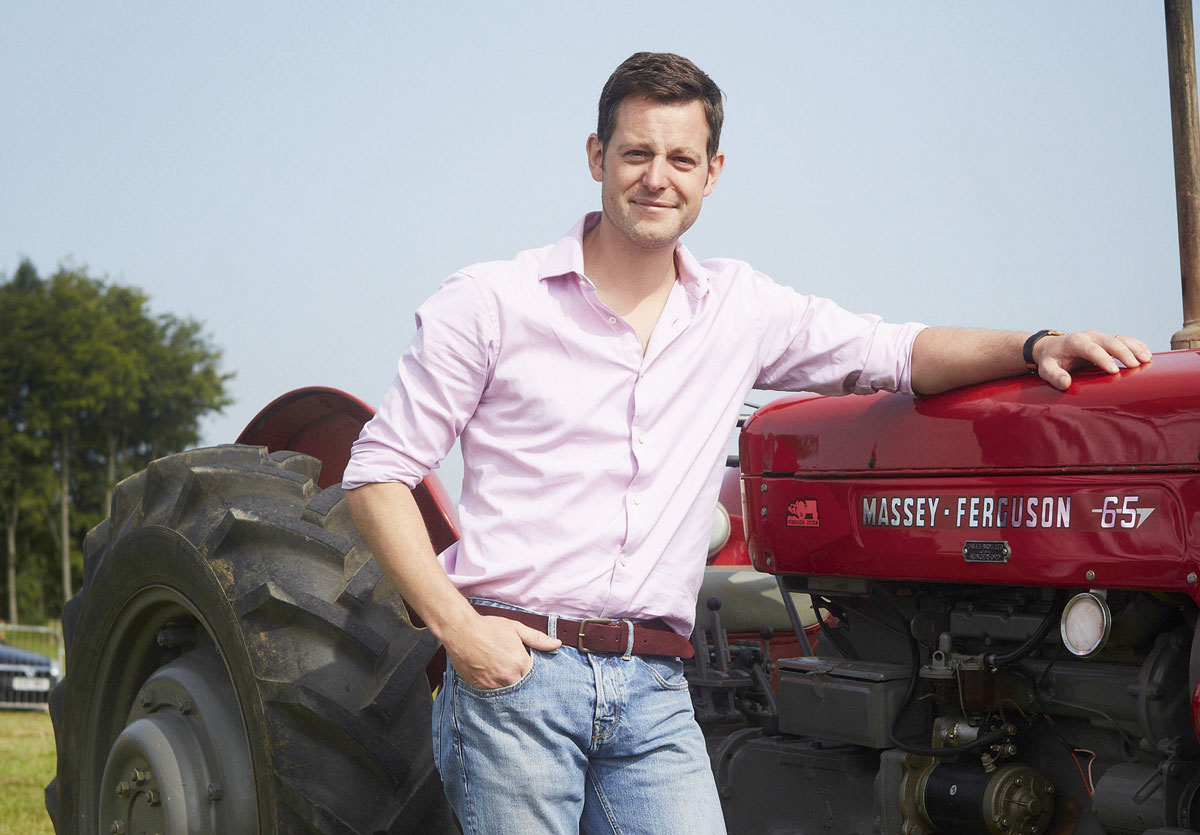For most people, spring in the countryside means only one thing – newborn lambs bouncing around the fields. But growing up on a sheep farm in the Durham Dales gives you a different perspective. For us, lambing is well and truly over by springtime. After years of trial and error with various breeds, my mum settled with Hampshire Downs that come into season twice a year, so they lamb over Christmas.
Of course, lambing is a shepherd’s harvest time, the busiest point of the year. It’s also my favourite time and does make for an alternative festive celebration. Instead of opening Christmas presents and filling wine glasses with festive cheer, we open bales of hay and fill buckets of water. Sat on the bales, surrounded by our teddy bear-like ewes, you can’t help but feel the magic. There, in the depths of winter, your senses transport you back to boiling hot days when you stacked the hay in the shed while drinking gallons of flat lemonade.

I’ll never tire of watching our lambs arrive into this world, seeing their tiny bodies shiver as they gasp their first breath. Witnessing the special bond that takes place between mother and lamb is always a privilege.
Growing up on a farm is every boy’s dream, but it’s not for the faint-hearted in Durham. Every farmer comes with their own weather gauge. Forget the Met Office – in the Dales, conditions are measured by how many coats you pile on. But whatever the weather, from harsh winds that sent me running for the balaclava or hot summer sun that meant I could skip around in my underpants (hey, we lived in a valley with no neighbours!), the farm was my adventure playground. At the time I didn’t realise it, but outside with my dogs, with the wildlife and vast open spaces for company, independence and responsibility were setting in.
- Matt Baker: How technology can help to engage children with nature
- Matt Baker: how to create space for wildlife in your garden
- John Craven: Children’s Hour instilled in me a passion for the countryside
I also learnt that life on the farm wasn’t always so magical. Where there’s livestock there’s also dead-stock. I vividly remember doing all we could to save one poorly lamb, but to no avail. When its body was put into an empty feedbag, I turned to Mum and said that surely there was something else she could do to save it. The reply was short and sharp: “No, Matthew. I can’t.” It was a harsh but important lesson of the realities of life on a farm.
This year we’ve been fortunate with a healthy early flock and as the snow started to fall in February, it was great to know that our lambs were all safe and sound before the cold snap hit. A good job too, as on the farm the coat measure had been pushed up to three.
You would think that with these conditions I would have always longed to escape to the warmer south, but leaving the Dales for London when I started on Blue Peter was one of the most difficult decisions I’ve ever made. I’d never felt the pull of the Big Smoke, so it’s no wonder that I’ve settled in the centre of the beautiful Chilterns. Nothing else would seem right, especially now that I have a young family in tow.
I want my children to experience the same life I had as a kid. I want them to learn to read the tell-tale signs of the animal kingdom, to discover that different perspective that only a country life can bring. It can be idyllic one minute and heartbreaking the next, but it’s always worth it. Particularly when you’re sitting on a bale of hay hearing a lamb bleat for the very first time.
